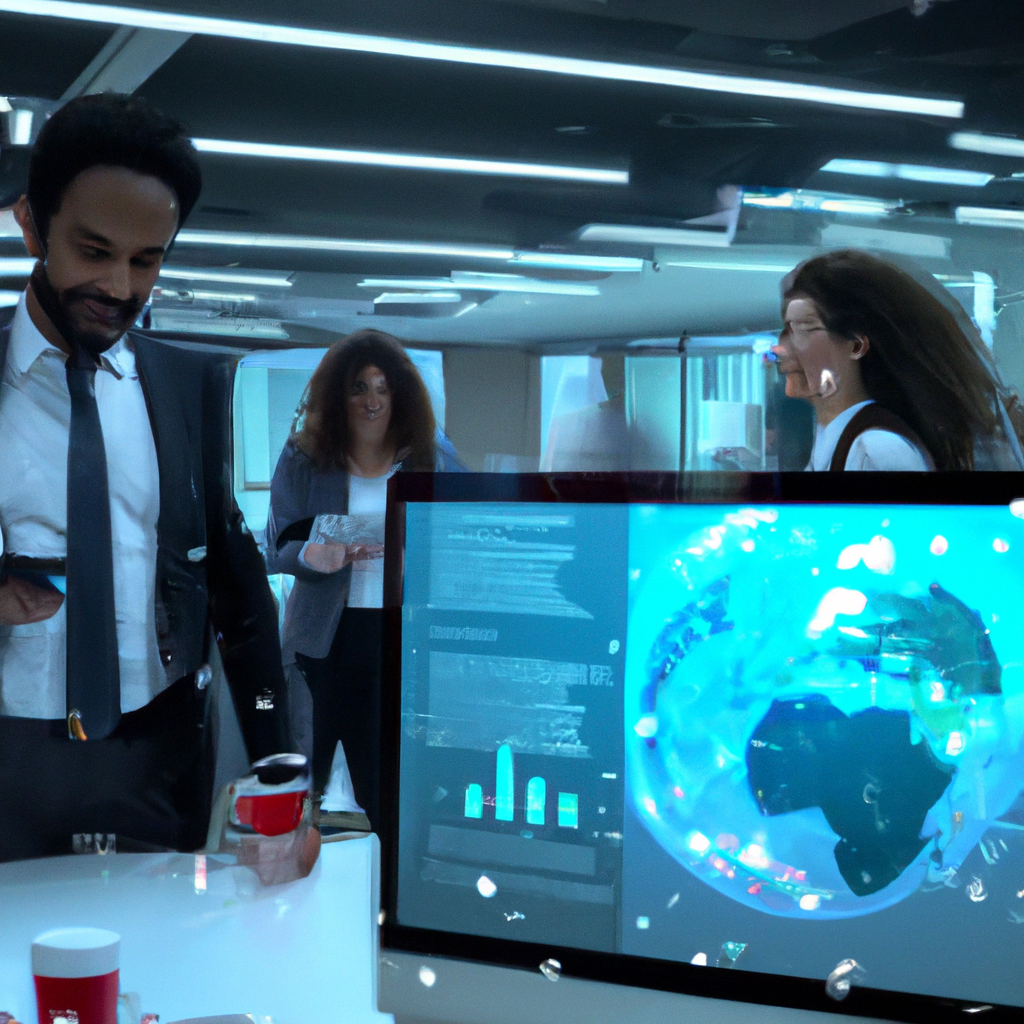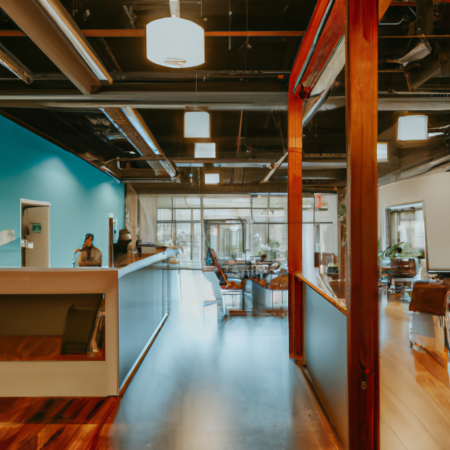Navigating the New Normal: The Evolving Workspace in 2025
As we move deeper into the second quarter of 2025, the landscape of work continues to evolve, shaped by ongoing technological advancements and shifting societal norms. This transformation is not just about where we work but how we work, interact, and balance life and professional commitments.
The rise of remote and hybrid work models has been one of the most significant shifts in the workplace landscape. Organizations worldwide are now embracing a model where employees can work from different locations, leveraging technology to stay connected and productive. This flexibility has introduced a new level of work-life balance but also brings challenges in communication, team dynamics, and data security.
Artificial Intelligence (AI) and automation continue to redefine roles and responsibilities. AI tools are not only automating routine tasks but also enhancing decision-making processes. The integration of AI in daily operations is making businesses more efficient but also demands a new set of skills from the workforce.
The concept of lifelong learning has become a cornerstone in career development. With the pace of technological change, continuous learning is essential. Organizations are increasingly investing in training programs to ensure their employees are up-to-date with the latest tools and technologies.
Another notable trend is the emphasis on mental health and well-being. Companies are now more than ever focused on creating environments that promote psychological well-being. This includes everything from offering flexible working hours to providing access to mental health resources.
In conclusion, the future of work in 2025 is dynamic and requires adaptability from both employers and employees. As we continue to navigate these changes, the ability to be resilient and proactive in learning will be key to success in this new normal.






